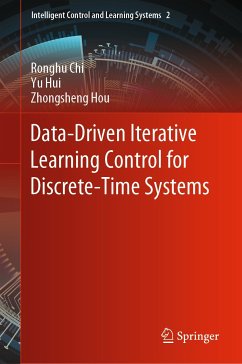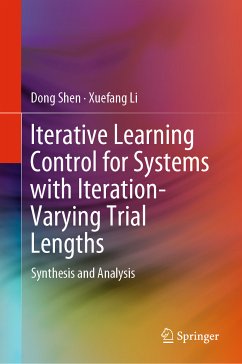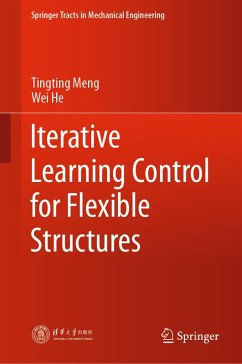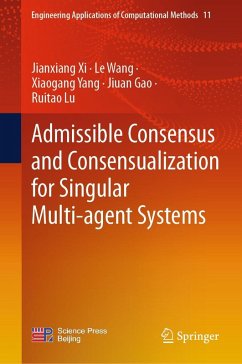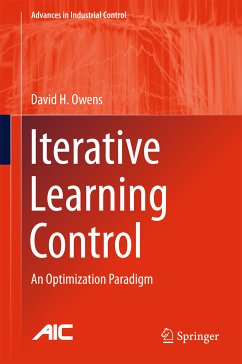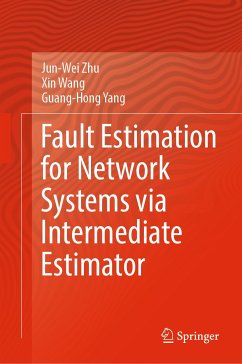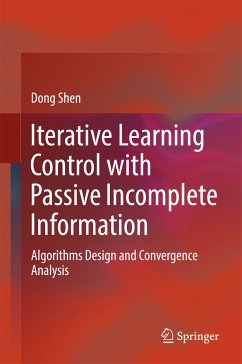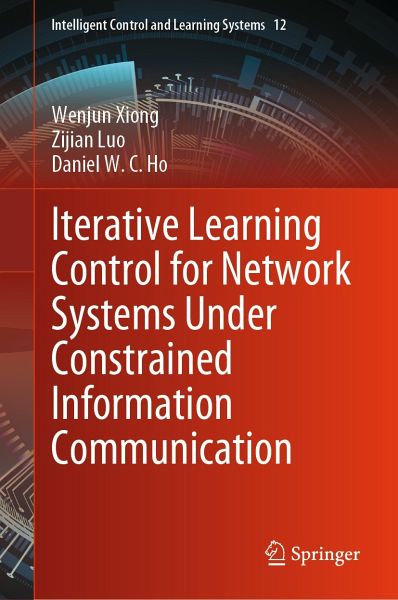
Iterative Learning Control for Network Systems Under Constrained Information Communication (eBook, PDF)
Versandkostenfrei!
Sofort per Download lieferbar
104,95 €
inkl. MwSt.
Weitere Ausgaben:

PAYBACK Punkte
52 °P sammeln!
This book focuses on the subject area of Network Systems and Control Theory, providing a comprehensive examination of the dynamic behavior of networked systems operating under communication constraints. It introduces innovative iterative learning control strategies that aim to ensure stability, consistency, and security of networked systems. The field of networked systems has garnered significant interest from scientists and engineers across various disciplines, including information, electrical, transportation, life, social, and management sciences. This book consistently addresses a wide ran...
This book focuses on the subject area of Network Systems and Control Theory, providing a comprehensive examination of the dynamic behavior of networked systems operating under communication constraints. It introduces innovative iterative learning control strategies that aim to ensure stability, consistency, and security of networked systems. The field of networked systems has garnered significant interest from scientists and engineers across various disciplines, including information, electrical, transportation, life, social, and management sciences. This book consistently addresses a wide range of issues related to networked systems, emphasizing the critical impact of communication constraints on stability and security. It highlights the effectiveness and importance of iterative learning methods in tackling these challenges.
Suitable for both undergraduate and graduate students interested in networked systems and iterative learning control, this book alsoserves as a valuable resource for university faculty and engineers engaged in complex systems, control theory research, and real-world applications. Its broad appeal extends to professionals working in related fields, seeking a deeper understanding of networked systems and their control mechanisms.
Dieser Download kann aus rechtlichen Gründen nur mit Rechnungsadresse in A, B, BG, CY, CZ, D, DK, EW, E, FIN, F, GR, HR, H, IRL, I, LT, L, LR, M, NL, PL, P, R, S, SLO, SK ausgeliefert werden.




